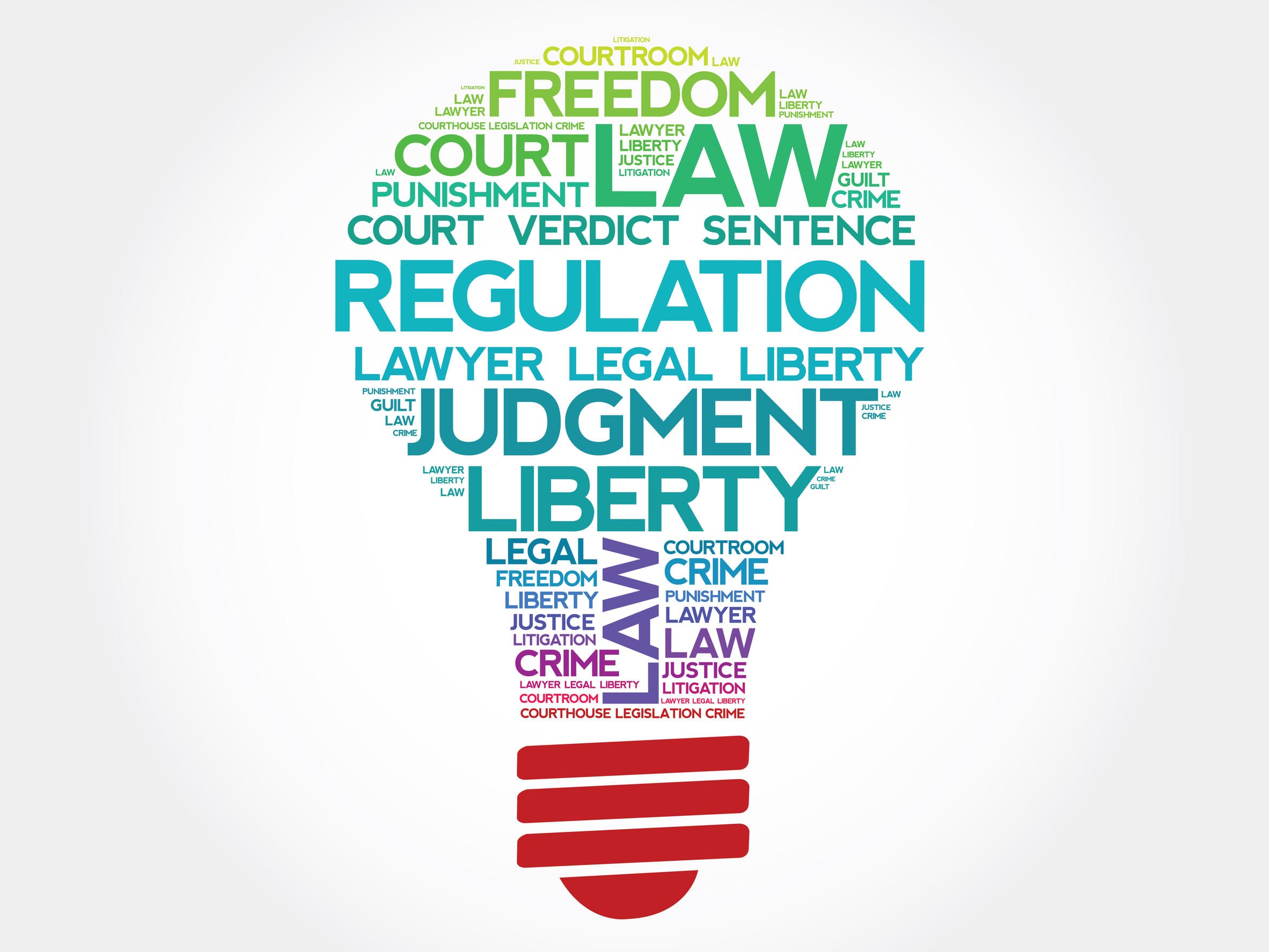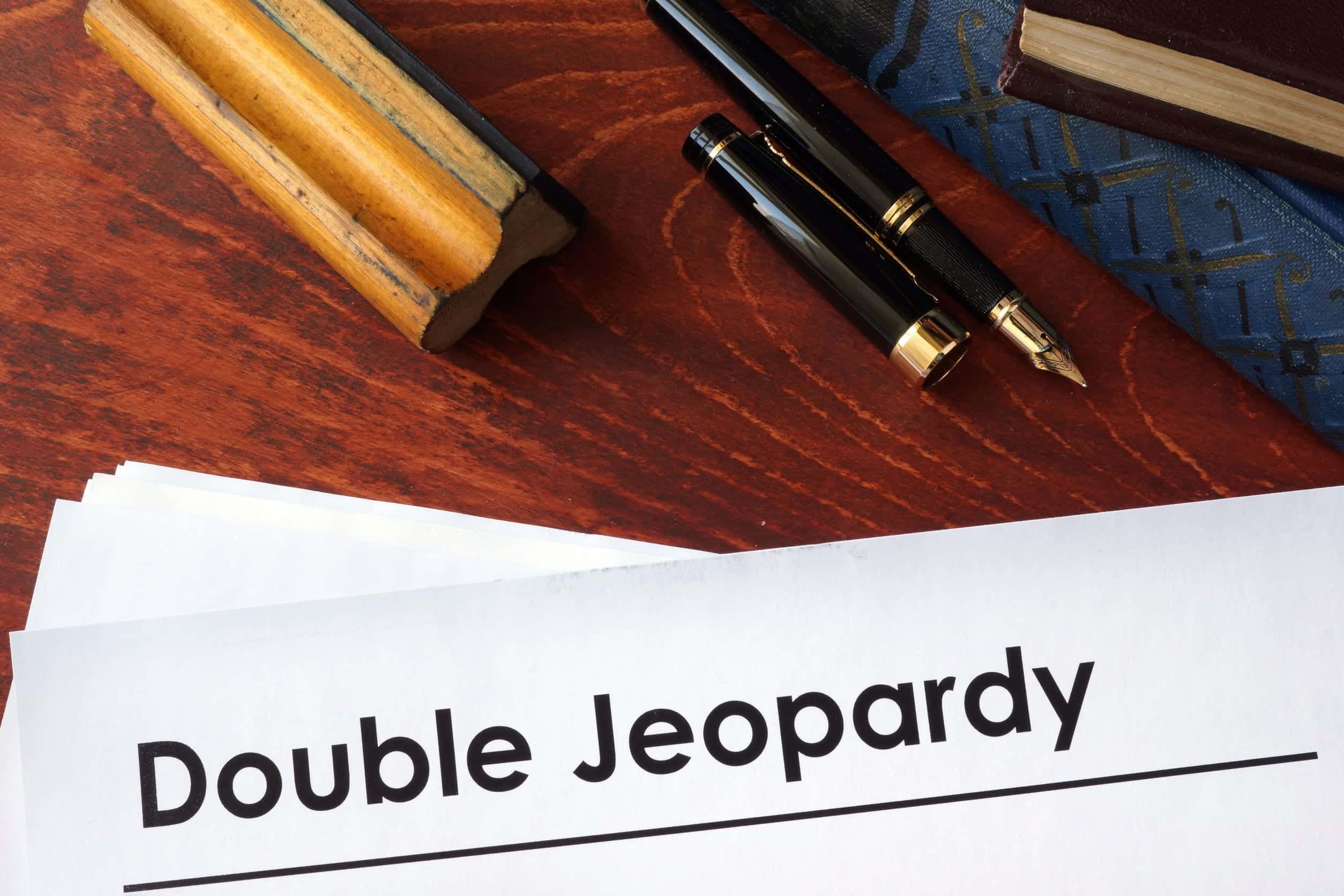- Home
- THE FIRM+
- Criminal Defense+
- CASE RESULTS
- AREAS WE SERVE+
- FAQ’s
- Blog
- Contact
AZHARI LLC BLOG

Posted By: Sami Azhari
Category:
Whether you’re living here in Illinois or just passing through, you have to follow our state’s laws. However, no matter where you are in the United States, you also have to follow our country’s laws.
So what happens, then, if you break a law here? Will you be charged by Illinois or by the federal government?
The answer to that question depends on what type of crime you are alleged to have committed and who has jurisdiction. Let’s look at the difference between Illinois State and federal charges now.
Breaking the Law: Illinois State Charges
The Illinois Compiled Statutes (ILCS) contain the laws that our state abides by, including what is considered a crime here in Illinois.
The criminal code, Chapter 720 of the ILCS, discusses all the acts that are considered illegal, from homicide, kidnapping, and sex offenses to theft, arson, white collar crimes, and everything in between.
If you allegedly commit one of these crimes, the state of Illinois will generally be the one to charge you.
For example, if you are accused of robbing a convenience store in our state, you will be charged with an Illinois crime because our laws say that robbery is a crime.
Breaking the Law: Federal Charges
Federal laws, on the other hand, are defined in the United States Constitution and the U.S. Code. When crimes cross state lines, are committed on federal property, or involve specific federal laws, then the federal government can step in with charges.
Robbing a convenience store, as mentioned above, will most likely bring state charges. However, if you rob a bank – even if it’s located in Illinois – the federal government can charge you because the U.S. Code specifically discusses bank robbery being a federal crime.
What if the alleged crime breaks both state and federal law, though?
Breaking the Law: Illinois State Charges or Federal Charges?
If someone allegedly commits a crime that breaks both a state and federal law, who will be the one to bring charges?
The answer depends both on the crime itself and on the circumstances of that crime.
As mentioned above, robbing a bank violates federal law. If it’s a small bank, though, the federal government might choose to let the state prosecute because the crime isn’t necessarily of national importance.
Back in 2007, NFL quarterback Michael Vick was indicted on federal felony charges for operating an illegal interstate dog-fighting ring. Vick pleaded guilty and was sentenced to 23 months in prison.
The state of Virginia also decided to prosecute Vick for the dog-fighting ring. After his federal conviction, Vick pleaded guilty to the state’s charges as well, and his sentences were folded into each other.
Some might say this falls under double jeopardy – when a person is tried for the same offense more than once – but double jeopardy specifically refers to preventing multiple prosecutions by the same entity. If the federal government and the state of Illinois both have jurisdiction, they can both charge someone for the same crime because the state and federal government are two different entities. We call this dual sovereignty.
Facing any type of criminal charge can be detrimental to all aspects of your life. Regardless of whether you’re facing Illinois state or federal charges, you should contact an experienced Illinois criminal defense attorney to fight for your rights and have the best chance of beating any charge you’re up against.
Contact an Experienced Criminal Defense Attorney Today
If you’re facing criminal charges in Illinois, whether at the state or federal level, it’s crucial to have a skilled attorney on your side. At Azhari LLC, we have extensive experience defending clients against a wide range of criminal charges.
Our dedicated team will work tirelessly to protect your rights and fight for the best possible outcome for your case. Contact us today for a free consultation to discuss your situation and learn how we can help you navigate the legal process.
Don’t face these charges alone – reach out to us today for the legal representation you deserve.
About the Author
Sami Azhari has been working as a lawyer since 2007, after receiving his Juris Doctor from the Michigan State University College of Law. He has handled numerous state and federal cases, and is known throughout the Chicago and Rolling Meadows area for providing his clients with high-quality, skilled representation. He has been recognized by SuperLawyers, the National Trial Lawyers Association, and other notable organizations, and has spoken at a number of legal conferences.


























































